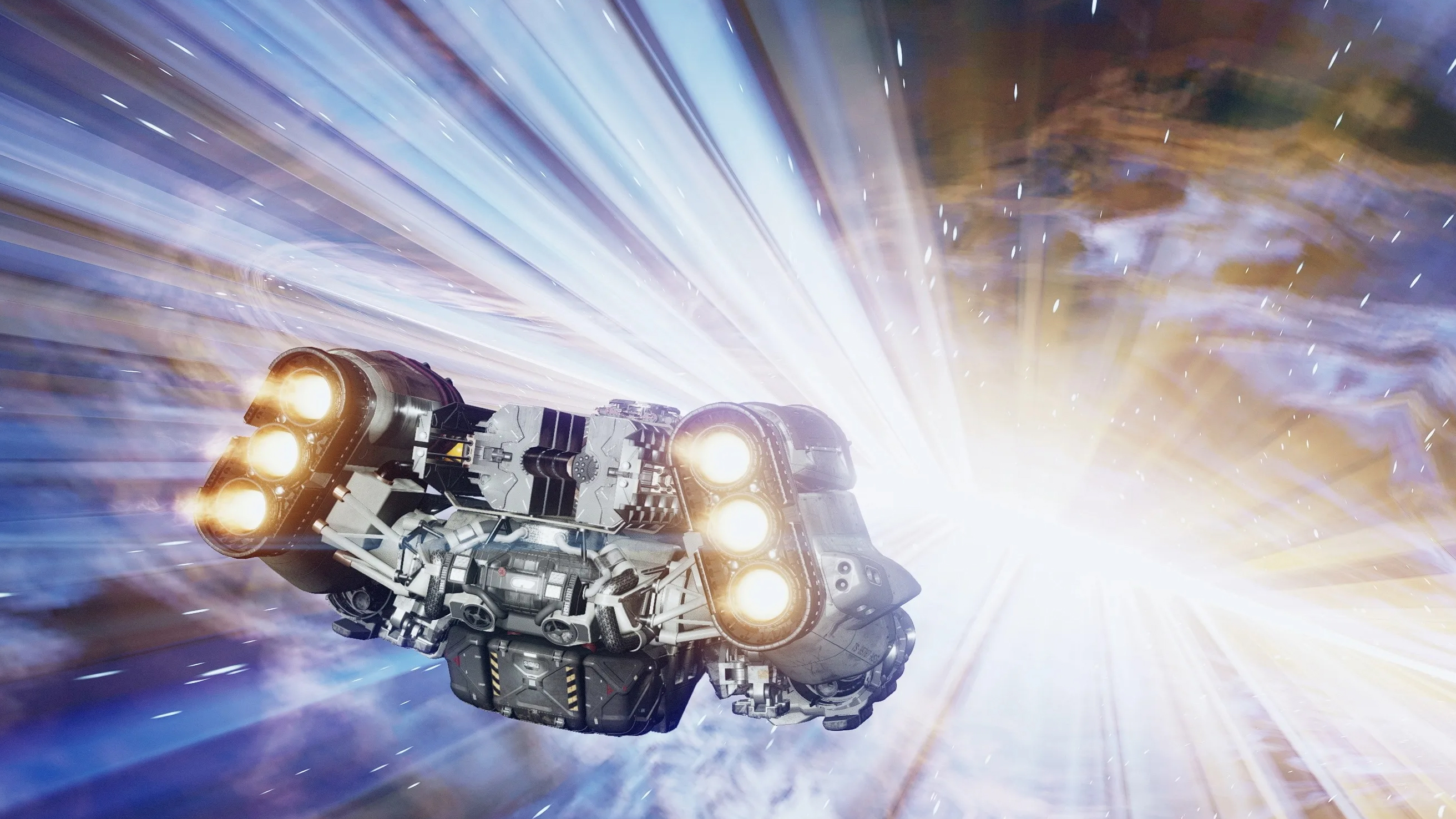Starfield composer says Bethesda's space RPG is 'huge' and 'philosophical'
"It's about the story, and it's your ability to write your own story within the story" says composer Inon Zur.

The launch of Starfield has been delayed to 2023, and since the Microsoft and Bethesda Games Showcase back in June we really haven't heard anything new about the game. We're essentially stuck staring at the launch pad, waiting for Bethesda's big ol' rocket to start billowing out pre-launch smoke.
In the meantime, we'll take any new information we can get, and happily enough (via wccftech) an interesting new source popped up recently. Starfield's composer, Inon Zur, was interviewed by musician and podcaster Nikhil Hogan, and after a pleasant chat about Zur's extensive career the topic finally came around to Bethesda's upcoming space game.
If you've never heard of Zur I can all but guarantee you've at least heard his work: The award-winning musician has composed for games like Baldur's Gate 2, SOCOM 2, Crusader Kings, Prince of Persia, Twisted Metal, Crysis, and Dragon Age: Origins, just to name a few from his illustrious career. And for all you Bethesda fans, Zur composed the music for Fallout 3, Fallout: New Vegas, Fallout 4, and Fallout 76. Here he is playing Fallout 4's main theme on piano. It's awesome.
Hogan asked Zur what he could tell us about Starfield, and Zur immediately started talking about the game's size,… though not so much the size of the game world but more its scope, story, and themes.
"Starfield is a huge game. Starfield is a deep game, it's a philosophical game. If you want to play Starfied it will consume a lot of your being," Zur told Hogan. "I believe that after Starfield you will be, I wouldn't say a changed person, but it will definitely give you another perspective, maybe a deeper perspective to your whole being."
Those are some pretty big claims for a game where you fly around with a jetpack shooting pirates, stealing spaceships, and worshipping cosmic serpents. But, Zur's excitement for the RPG does feel genuine, and it's nice to hear that there may be some deeper themes than just shopping for the perfect parts to customize our spaceships.
"In terms of size, how big is it, music-wise?" Hogan asked.
The biggest gaming news, reviews and hardware deals
Keep up to date with the most important stories and the best deals, as picked by the PC Gamer team.
"The game is at least twice as big as the biggest game Bethesda ever did. So, it's huge."
It's tempting to take Zur's "twice as big" statement as relating to the size of the maps or the playable areas, but remember that Hogan was specifically asking about music. And as for the rest of Zur's statements about Starfield's size, his answers seem to be more aimed at the scope, the story, or other more intangible elements—the 'experience' of Starfield—rather than something like map size.
"The premise of Starfield and the courage to ask questions and to try to answer them, actually standing in the core of Starfield, more than just another shooter or another RPG, Starfield really takes a very courageous step into [a] realm that is more philosophical," Zur continued.
"It's not about how it looks, it's not about how the gameplay is, although [that's] also incredible, it's about the story, and it's your ability to write your own story within the story that Starfield is. And your ability to ask questions, seek further answers, and maybe get them."
It's hard to pin down what Zur means, but I'm sure the vague nature of his statements are due to him not really being allowed to talk specifically about the story before Starfield's release. Like I said, though, he seems genuinely excited. And one thing's for sure, having listened to so much of his work in so many other games: Starfield's music is gonna be great.
You can watch the interview with Zur here, with the Starfield discussion beginning at 56:54.

Chris started playing PC games in the 1980s, started writing about them in the early 2000s, and (finally) started getting paid to write about them in the late 2000s. Following a few years as a regular freelancer, PC Gamer hired him in 2014, probably so he'd stop emailing them asking for more work. Chris has a love-hate relationship with survival games and an unhealthy fascination with the inner lives of NPCs. He's also a fan of offbeat simulation games, mods, and ignoring storylines in RPGs so he can make up his own.

